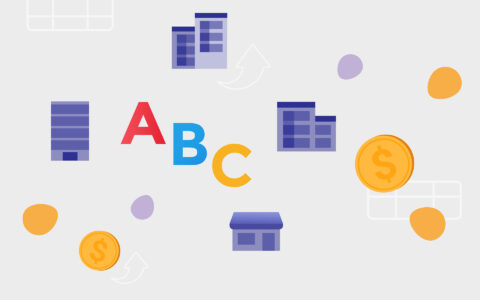Freelancing spans various fields—from copywriting and graphic design to programming and consulting. While each area is distinct, all new freelancers face similar challenges. Here are five crucial tips to help you thrive as a freelancer.

1. Build Your Portfolio
To attract clients, start by crafting a portfolio that showcases your strengths and past successes. Include detailed case studies and client testimonials. If you’re new and don’t have client work to show, create sample projects relevant to your skills. Also, remember to list your contact information and consider setting up profiles on popular freelancing websites like Freelancer, Upwork, Guru, and Fiverr to reach a global audience. Keep a business card, digital or printed, handy at all times.
2. Develop Your Business Skills
Once your portfolio is ready, actively seek out new clients. You can’t afford to be passive; marketing your skills is crucial. Use tools like email marketing and LinkedIn to connect with potential clients, understand their needs, and present effective solutions. Enhance your skills in communication, strategy, and planning. If you're struggling with a particular area, like email communication, seek out resources like ebooks or online courses to improve.
3. Manage Your Finances Wisely
Understanding and managing finances can be tricky for new freelancers. Remember to account for taxes, equipment, office space, and savings for leaner times. When setting your rates, factor in all these costs to ensure you’re not undervaluing your work. Prepare for negotiations by knowing your minimum acceptable rate and what competitors charge.
4. Work Smarter, Not Harder
Time management is key. Focus on the most productive aspects of your business. Familiarize yourself with the Pareto Principle, which suggests that 80% of results often come from 20% of efforts. Identify and concentrate on activities that generate the most income and cut back on less productive tasks.
5. Leverage Technology
Use technology to streamline your workload. Applications that help manage your schedule, projects, and client communications can save you significant time. Opt for integrated CRM software that automates and organizes your business processes, from handling inquiries to managing projects.
By following these tips, you can build a successful freelancing career through strategic planning, efficient work habits, and effective use of technology.











